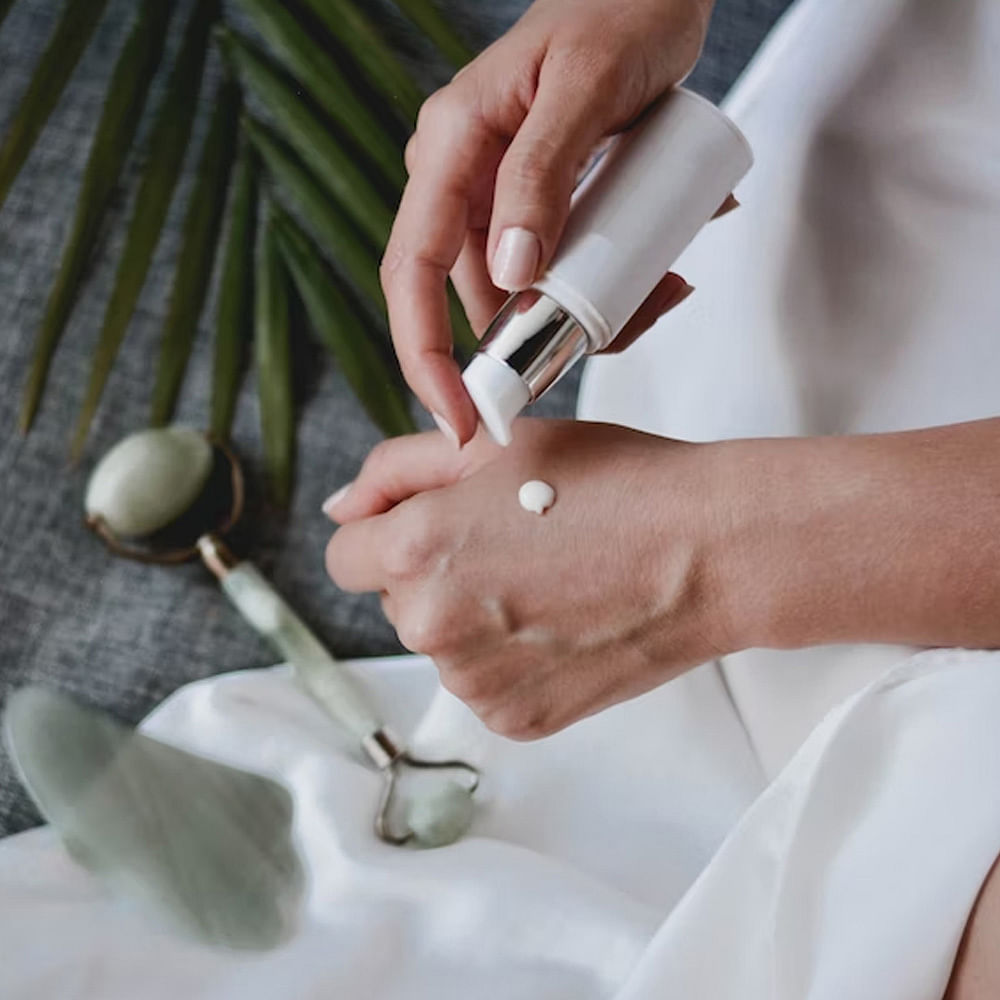Skincare content and products have flooded the internet. From product reviews to skincare guides, content creators and doctors, all gave weighed in on what works and what doesn't. Consumers are getting more and more aware of what goes in their products, and rightly so. People avoid using products that have known toxins and look for the best ingredients to add to their beauty regime, whether it's a product as basic as coconut oil or something as complex as a face serum. So, naturally, we've done the research for you, to not only tell you about the ingredients but also a list of products that your skin will thank you for.
Get That Glow: 10 Best Ingredients In Skincare And Products That Feature Them
Blue Tansy
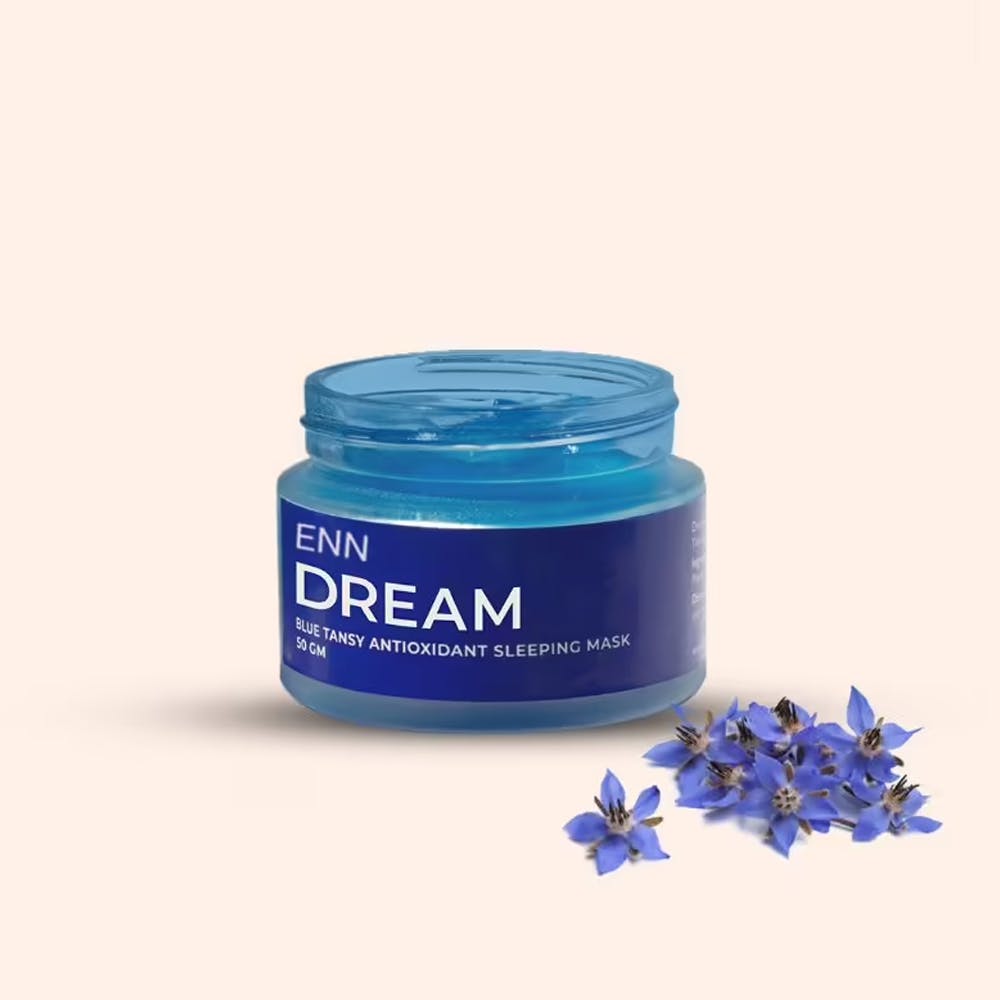

Blue Tansy is an ingredient we're betting on to blow up in 2023. It's a powerful anti-oxidant that claims to do it all. It has anti-inflammatory, anti-viral, anti-bacterial and anti-fungal properties. It has a calming and soothing effect on the skin, and studies suggest it can even help with wound healing, and a range of skin concerns, including eczema, acne and sun damage.
LBB's Pick: ENN Dream Overnight Sleeping Face Mask
Peptides
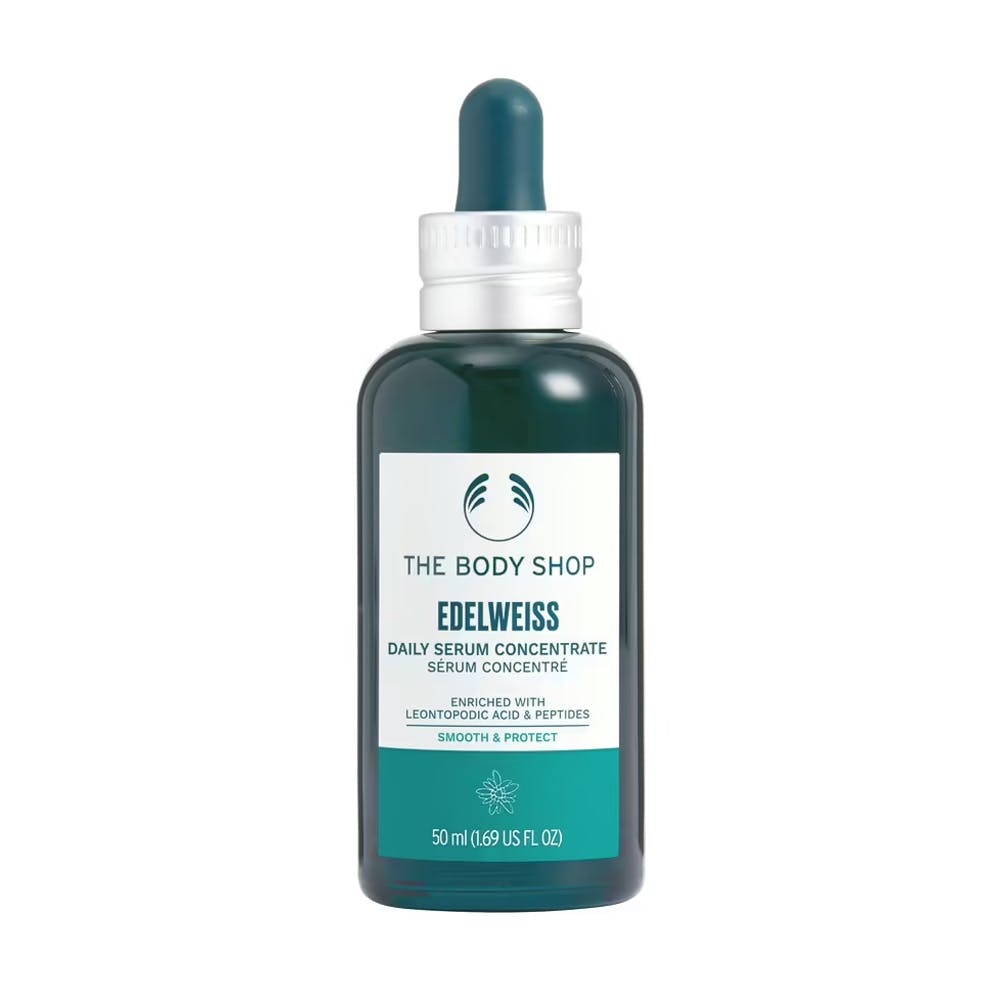

Peptides isn't a new ingredient, but it's definitely underrated. This magical ingredient improves the skin barrier, has anti-ageing properties and eases inflammation. All of this has been backed by data where extensive research has proven that peptides can help your skin on various levels, including firming, soothing and moisturising. I’m a firm believer too, I started using a The Body Shop Edelweiss Daily Serum that has peptides, and it worked like magic on my skin. This one's tried and tested, my friends.
LBB's Pick: The Body Shop Edelweiss Daily Serum Concentrate
Aloevera
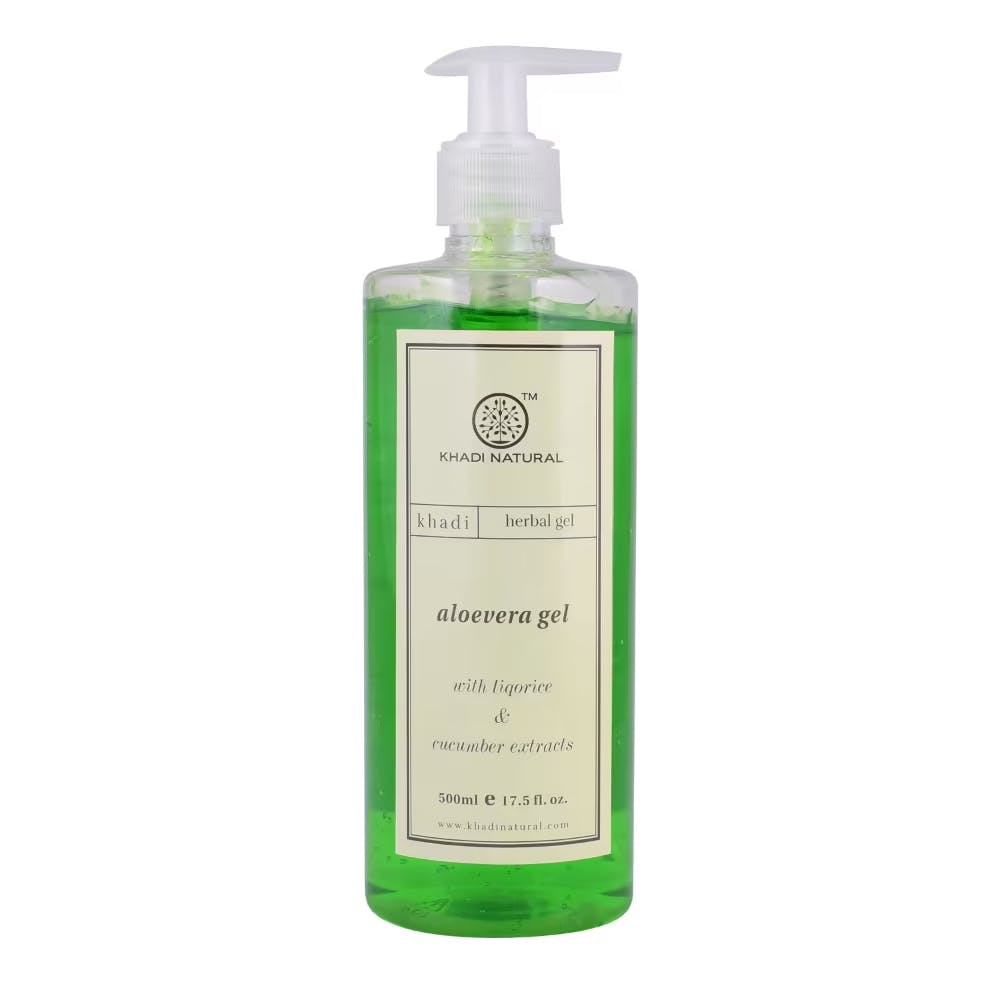

This in one of the most basic ingredients that mother nature has blessed us with in abundance. It's also a multi-purpose product that can be applied to your face, body, hair and even be ingested. I see people using it in different ways every now and then on the internet, mostly because there's no harm that this product can cause. If you choose to use homegrown aloe, make sure you wash it properly and let the yellow sap drain out. The ingredient itself is highly moisturising, helps heal wounds and is antimicrobial, which means it helps fight acne and infection.
LBB's Pick: Khadi Natural Aloevera Gel with Liquorice & Cucumber Extracts
Squalane
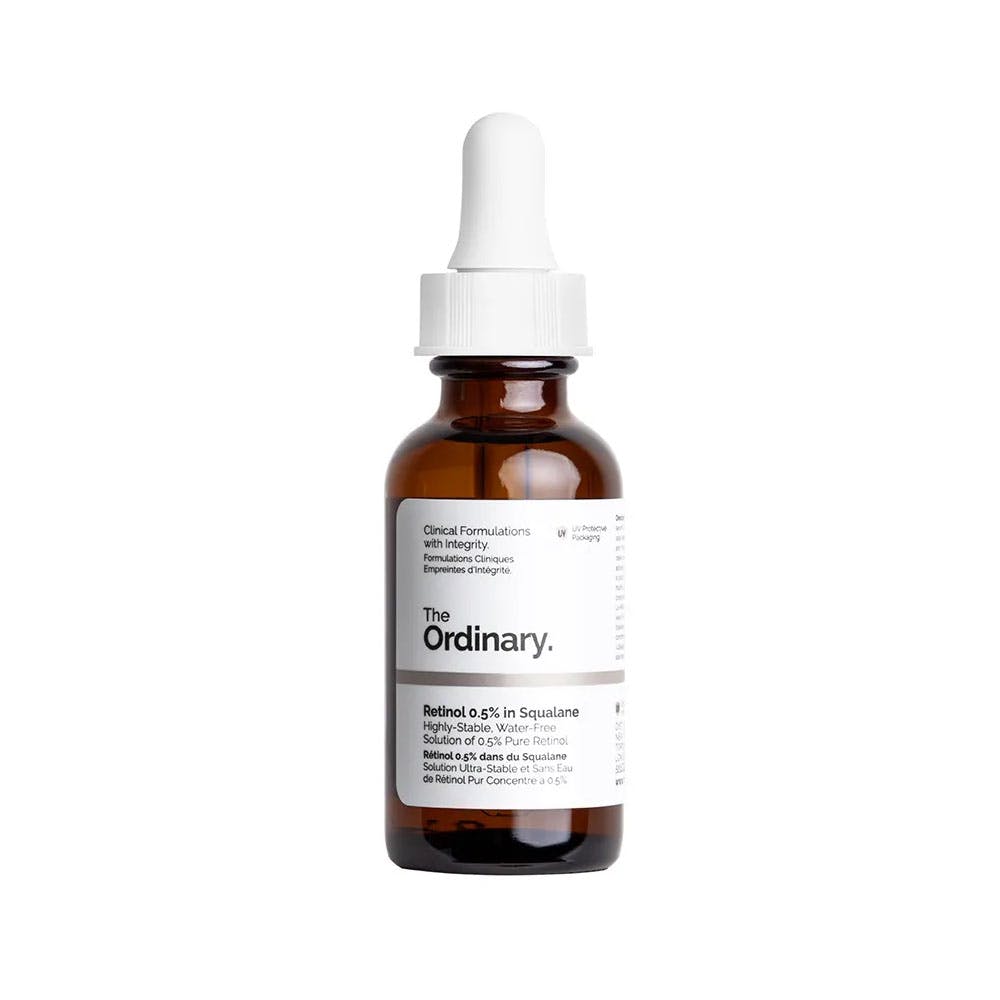

According to Dr. Luke Maxfield, Squalane is compatible with almost any ingredient without losing its effectiveness. It's a skin-identical lipid, which means that there's a high chance that it's safe for your skin, considering that our skin would recognise it. This ingredient not only acts as a humectant (absorbs moisture from the surrounding areas) but also is an emollient (locks in moisture that is absorbed).
LBB's Pick: The Ordinary Retinol 0.5% In Squalane and The Ordinary Squalane Cleanser (INR 800)
Hyaluronic Acid
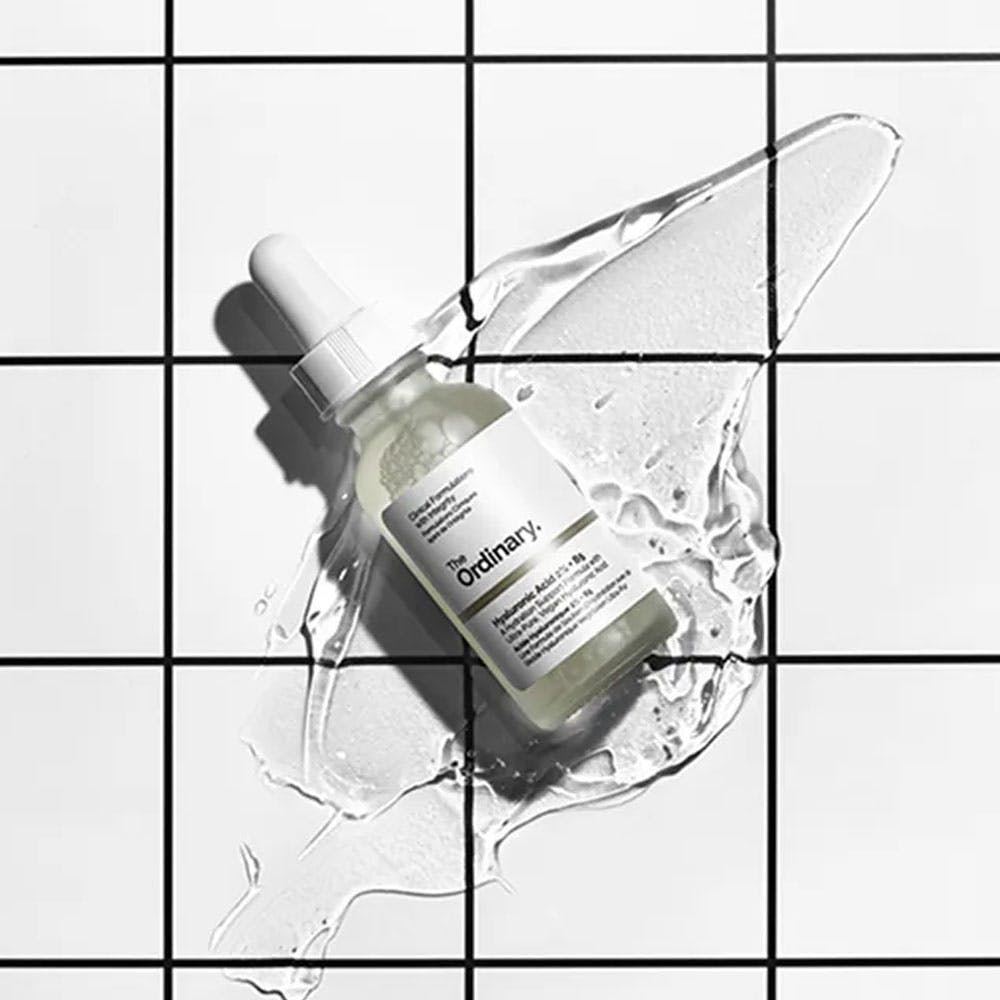

In its most fundamental nature, hyaluronic acid is hydrophilic (water-loving), making it an excellent moisturising agent in most beauty products. What's cool is that it already exists in all living organisms, so you're giving your skin what is not foreign to it. It has only gained popularity in the past few years, but what's lesser-known is that it has been used for medical purposes for quite some time because of its healing effect.
LBB's Pick: The Ordinary Hyaluronic Acid 2% + B5
Niacinamide
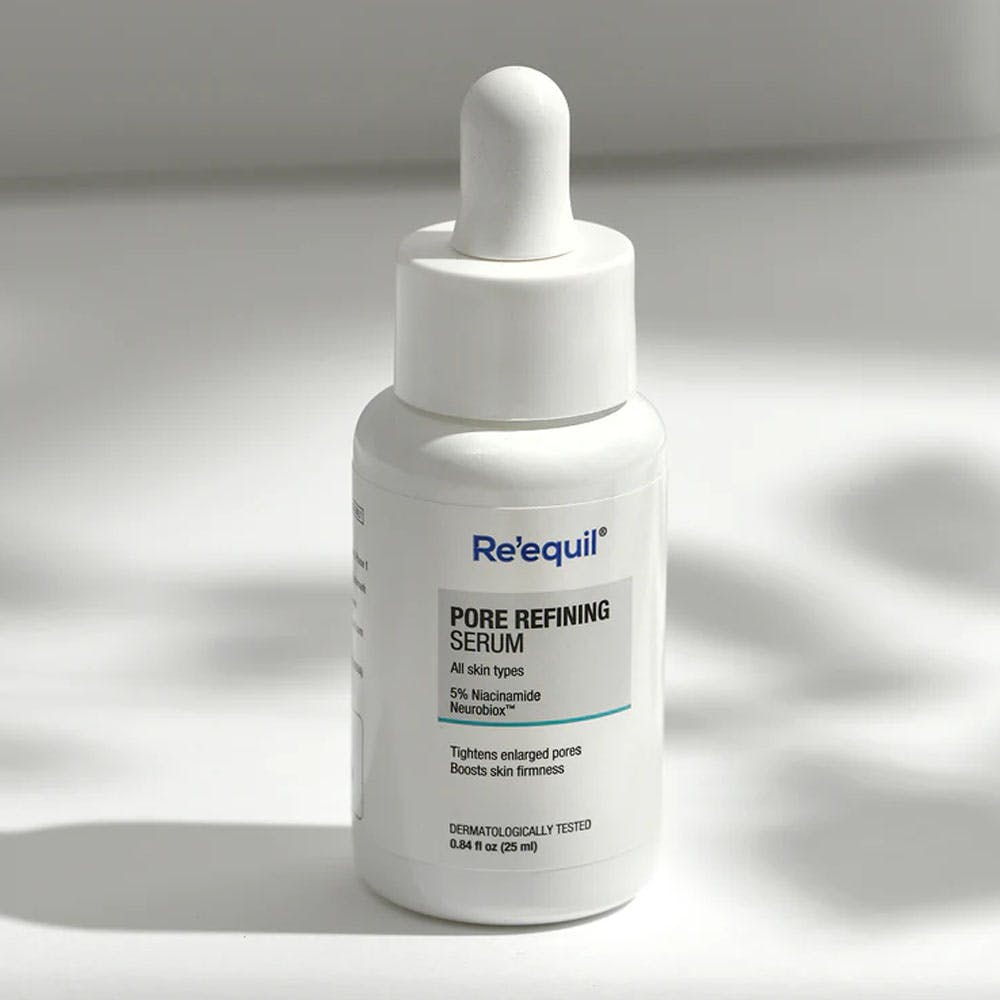

One of the most hyped ingredients in the skincare industry currently, at a cellular level it acts as an antioxidant that helps decrease inflammation, helps with hyperpigmentation, evens skin tone and has anti-ageing benefits, and also helps in retaining moisture to the skin. A study also suggests that it's protective against UV rays if it's concentrated enough. So, overall, this ingredient is definitely worth a shot with its multi-faceted role for your skin.
LBB's Pick: Re'equil Pore Refining 5% Niacinamide Serum
Retinol
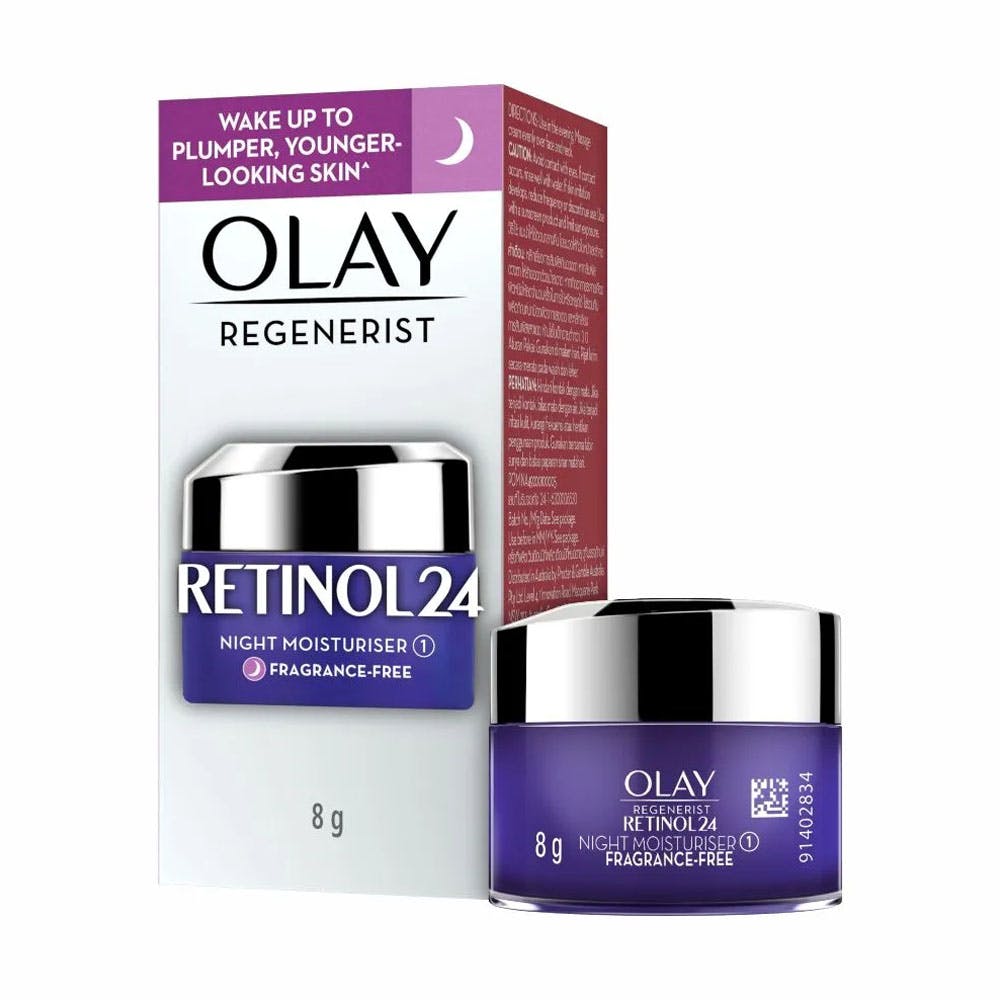

One of the most research-backed ingredients available on the market right now. It's known for its ability to repair deep damage within the skin—acne scars, fine lines, hyperpigmentation, dark spots, retinol can handle it all. Having said that, it's a tricky ingredient and can be quite sensitising to the skin. It's best to speak to a dermatologist, or patch test, and gradually introduce this ingredient to your beauty regime. It is most beneficial to use it at night time. Also, make sure you apply SPF on a daily basis!
LBB's Pick: Olay Retinol Night Moisturiser
Salicylic Acid
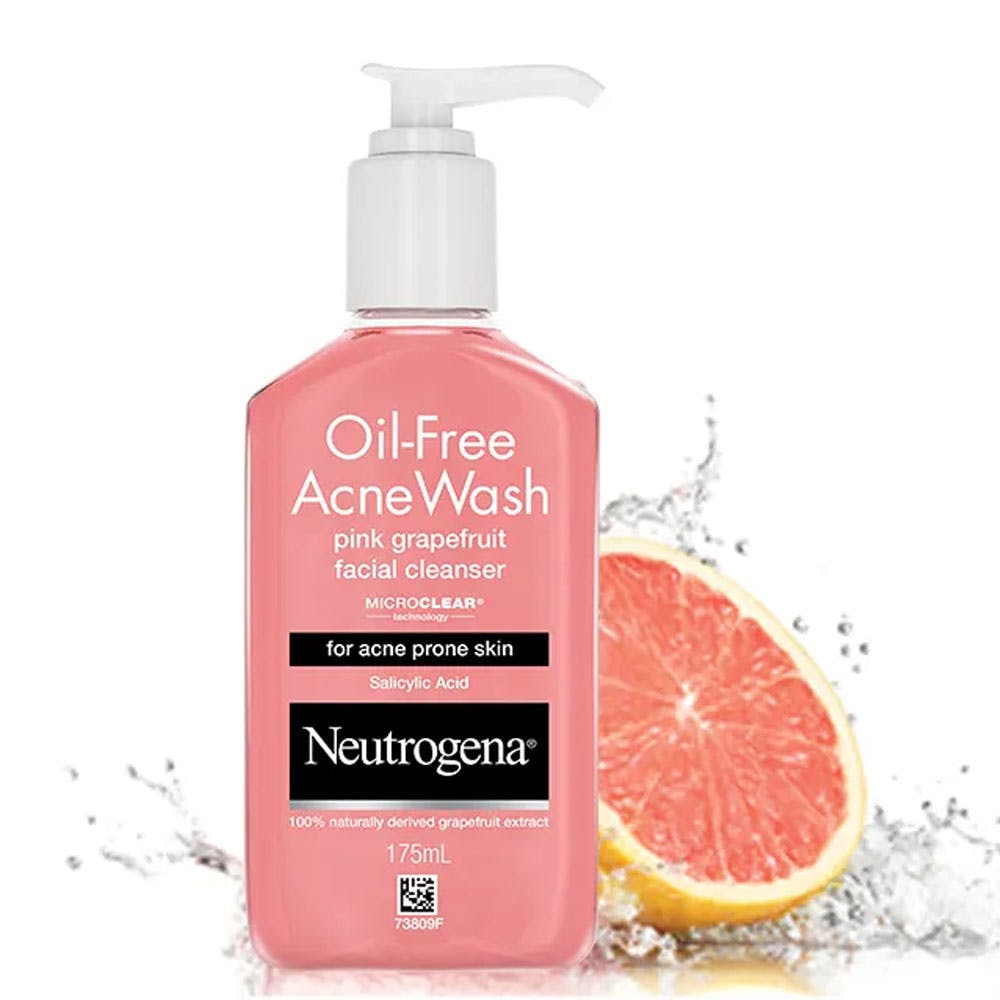

An ingredient considered to be best for people with acne or acne-prone skin. The ingredient is useful to encourage cell turnover and acts as a great exfoliator for the skin, controls excess oil production and just helps your pores be clean on a deeper level. If you're new to using this ingredient, then it's best to start with a small percentage and go your way up gradually.
LBB's Pick: Neutrogena Oil-Free Acne Wash Pink Grapefruit Facial Cleanser
Ceramides
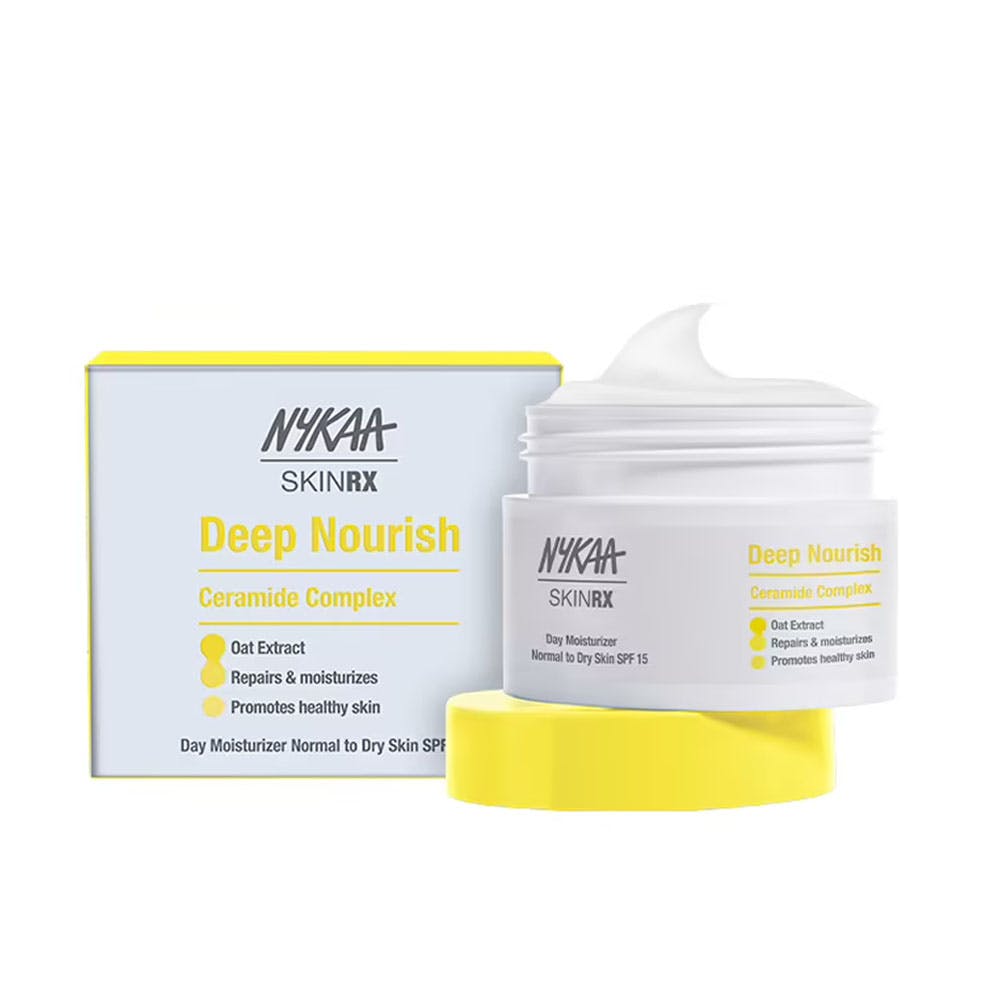

Another ingredient that's already naturally occurring in your skin is ceramides. This helps in the prevention of water loss by creating a barrier. As dermatologist Dr Muneeb Shah put it, if you think of your skin as a brick wall, skin cells would be the bricks, while ceramides would be between them and act as mortar/cement.
LBB's Pick: Nykaa SKINRX Ceramide Barrier Repair Day Moisturizer with SPF 15
Vitamin C
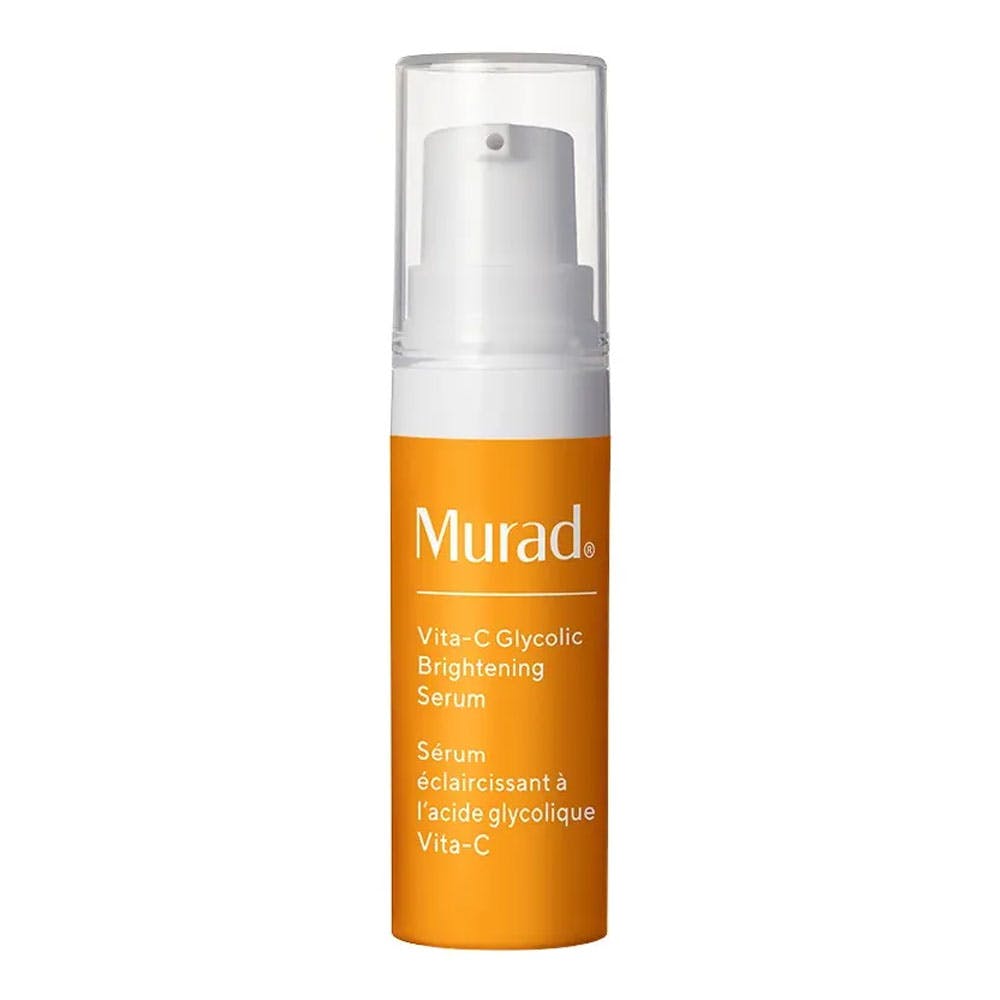

Vitamin C has many benefits, among which the most popular are brightening skin, helping with post-inflammatory hyperpigmentation and sunspots. It's an antioxidant that helps shield you from free radicals (which make skin look dull), so it has anti-ageing benefits, too. However, it is light sensitive, so make sure you purchase vitamin C products in opaque packaging to prevent degradation. Most importantly, always use SPF when using Vitamin C; otherwise, it can do more harm than good.
LBB's Pick: Murad Vitamin C Glycolic Brightening Serum

